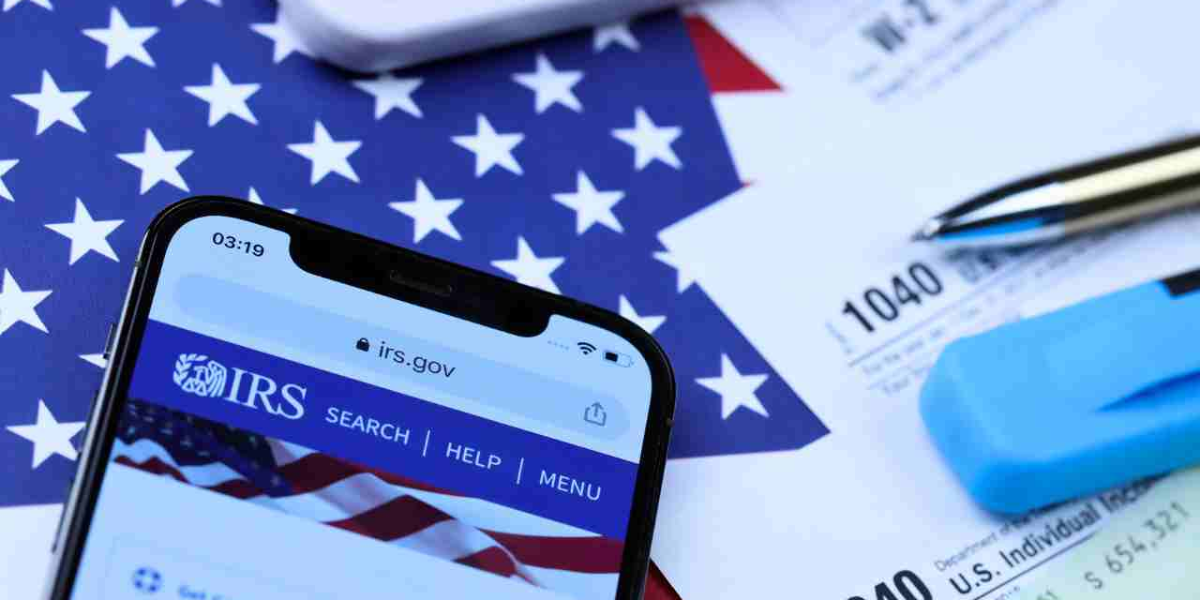Over the course of this summer, it is not uncommon to get a questionable email or text message. Most of the time, it is related to the payment of your IRS tax refund. Don’t click on it; that is the best thing you can do instead. There are potential dangers that could occur if you click on it. Scammers will attempt to steal your personal information by impersonating the Internal Revenue Service using a variety of different methods.
An IRS message that was recently shared on social media advises people not to let phishing attempts ruin their summer. It is helpful to report phishing and other online scams because doing so will help stop them and avoid a large number of people in the United States from falling for them. Due to the fact that the Agency does not begin contact with taxpayers through social media, text messaging, or email, you should not accept the bait.
IRS tips to avoid scams and phishing in the summer of 2025
It is imperative that you refrain from providing any personal information via electronic mail, text message, or social media platforms. Your personal identification number (PIN) must, of course, be kept a secret. Like passwords or information about one’s financial situation.
The majority of the time, they will ask for information concerning your bank, credit, or debit cards. It is imperative that you completely disregard these requests and report them. When you receive a suspicious email or text message, the following is a step-by-step instruction that will walk you through what to do next.
Never reply to emails that appear to have come from the Agency.
Never open attachments because they can include malware that could be installed on your device to steal data. Always keep in mind that if you do not have adequate protection, your mobile devices and computers could quickly become infected or compromised.
Never click on any of the links that are provided.
Immediately after you have received this email, send it to [email protected] in its current form. Ensure that you carry out the process in this manner because screenshots or scanned photographs eliminate crucial information that can be used to trace down con artists.
In conclusion, once you have reported the email, you should delete it and then forward it to the Internal Revenue Service.
IRS-related suspicious calls
Telephone calls are another common form of fraud. Blocking calls of this nature is an excellent method to implement. In order to accomplish this, you can utilise call blocking software that is available for cellphones in the United States.
Internal Revenue Service does not recommend any particular brand or solution to its customers. There are, however, a few remedies that the Agency provides:
- Reports from Customers
- Reports from Customers and Advocates
- The CTIA
For any of them, you can obtain them by using the following website: https://www.irs.gov/privacy-disclosure/report-phishing [IRS]. You should verify your online account with the Internal Revenue Service in the case that you receive a call from someone who is purporting to be an IRS agent and the contact seems odd.
You will be able to view the amount of money that you owe the Internal Revenue Service (IRS) as well as other information on your tax account there. Calling them back is always an option; however, before you do so, you should make sure that you are familiar with the official phone number that the Agency has.
It is essential to report such events in order to assist in the battle against phishing and frauds. Put an end to the call if they are threatening you or pressuring you to make a payment as soon as possible.


 by
by 

